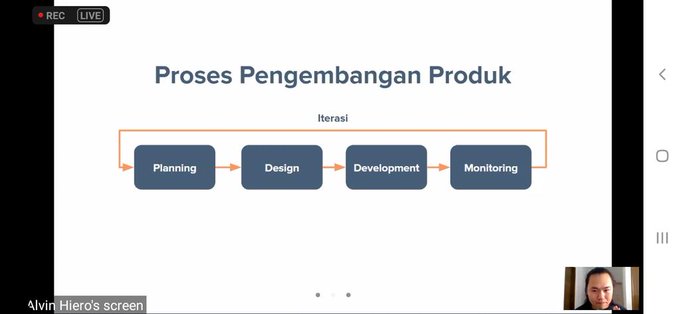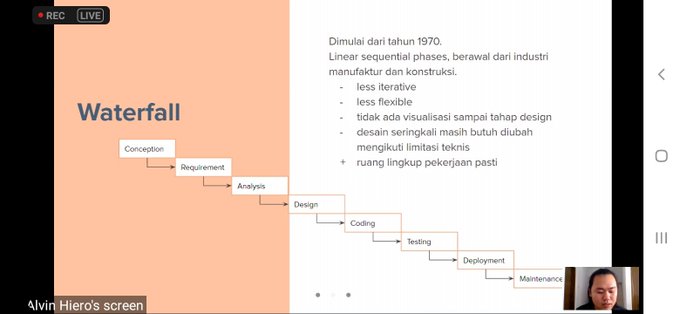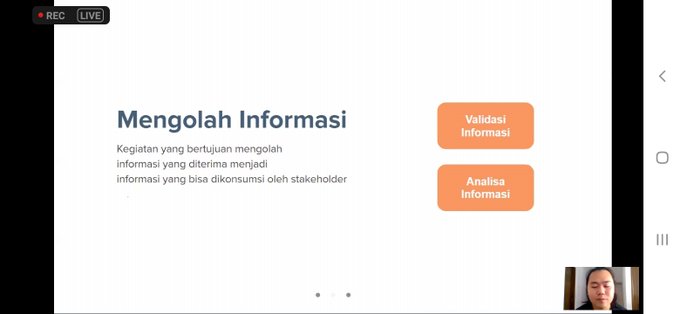Tourism Management
Tourism management refers to the process of planning, organizing, and coordinating various aspects of the travel and tourism industry to ensure the smooth functioning and success of tourism-related businesses and destinations. It involves managing resources, services, and experiences to create positive and memorable travel experiences for tourists while also considering the sustainability and economic viability of the tourism activities.
Key components of tourism management include:
Destination Planning: This involves the strategic development and planning of tourist destinations, considering factors such as infrastructure development, conservation of natural and cultural resources, zoning, and attracting tourists.
Marketing and Promotion: Tourism management includes creating effective marketing strategies to attract tourists and promoting destinations, hotels, attractions, and other travel services to the target audience through various channels like social media, websites, travel agencies, and advertising campaigns.
Customer Experience: Ensuring a positive customer experience is crucial in tourism management. This involves providing excellent service, understanding customer needs, and catering to their preferences to enhance satisfaction and encourage repeat visits.
Sustainable Tourism: Sustainable tourism management focuses on minimizing negative impacts on the environment, culture, and communities, while maximizing economic benefits for local people and businesses. It aims to preserve natural resources and cultural heritage for future generations.
Financial Management: Managing the financial aspects of tourism businesses, including budgeting, cost control, revenue generation, and financial planning, is essential to maintain profitability and sustainability.
Hospitality and Accommodation Management: Ensuring high-quality hospitality services, managing hotels and accommodations, and maintaining guest satisfaction are critical elements in tourism management.
Transportation and Logistics: Efficient transportation and logistics management are essential for the smooth movement of tourists from one place to another, making it convenient for them to explore different destinations.
Risk Management: Identifying potential risks and implementing strategies to mitigate them, such as crisis management plans for unforeseen events like natural disasters or health emergencies, is crucial in tourism management.
Policy and Regulations: Understanding and complying with local and international regulations and policies related to tourism is essential for legal and ethical operation of tourism businesses.
Cultural and Community Engagement: Engaging with local communities and respecting their culture, customs, and traditions can lead to a more authentic and immersive experience for tourists, as well as promote community support for tourism initiatives.
Effective tourism management requires collaboration between various stakeholders, including government bodies, private sector businesses, local communities, and tourists themselves. By striking a balance between economic development, environmental conservation, and social responsibility, tourism management can create sustainable and mutually beneficial outcomes for all involved parties.





































 Pakai angka utk prioritas
Scoring?
Potential revenue?
Pakai angka utk prioritas
Scoring?
Potential revenue? Cara tahu product manager yg oke
Cari tahu produk apa yg pernah dihandle
Portofolio
User oriented
Cara tahu product manager yg oke
Cari tahu produk apa yg pernah dihandle
Portofolio
User oriented
















